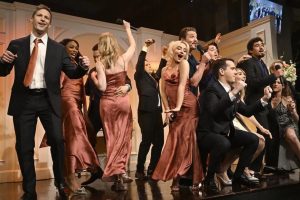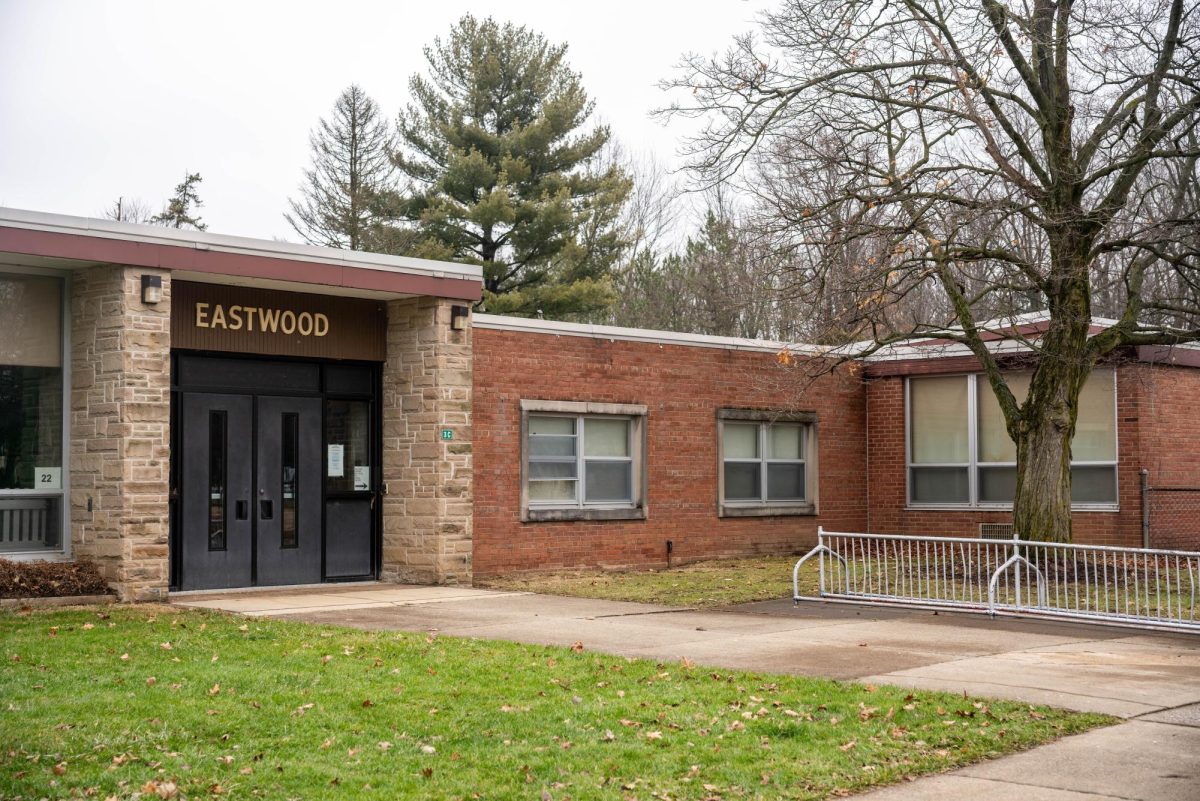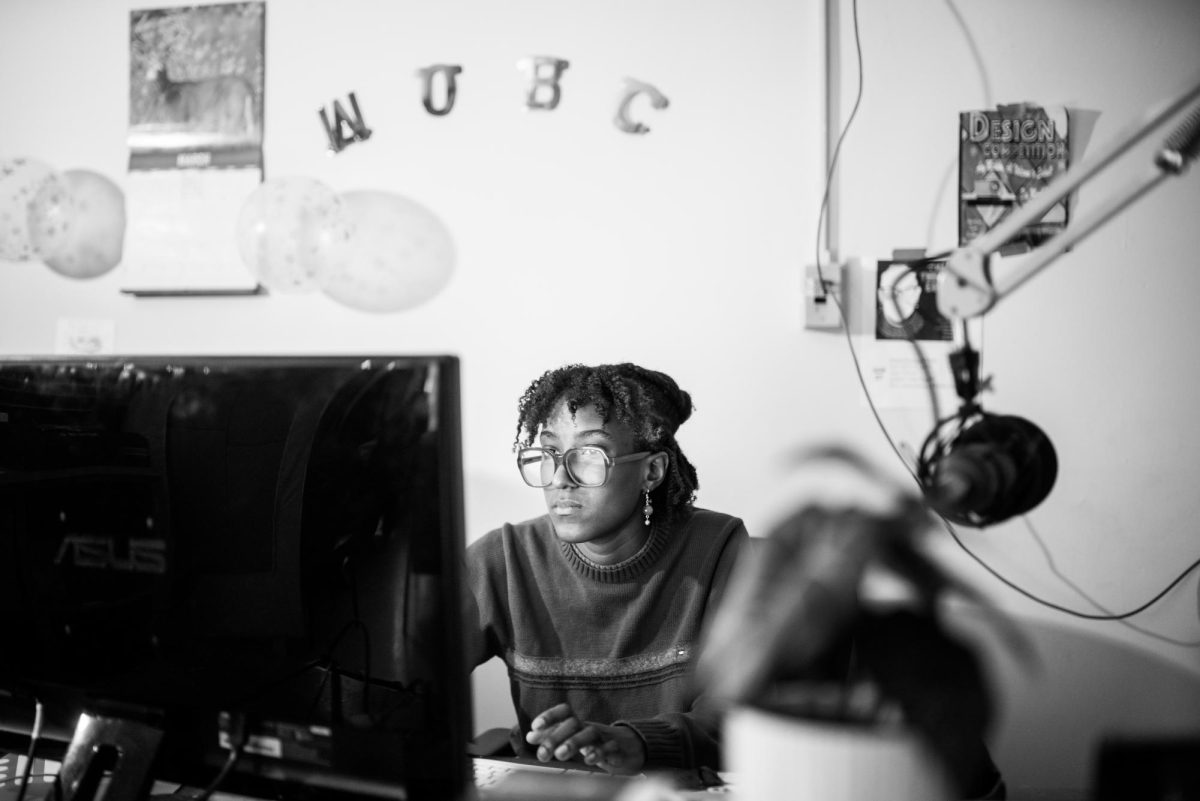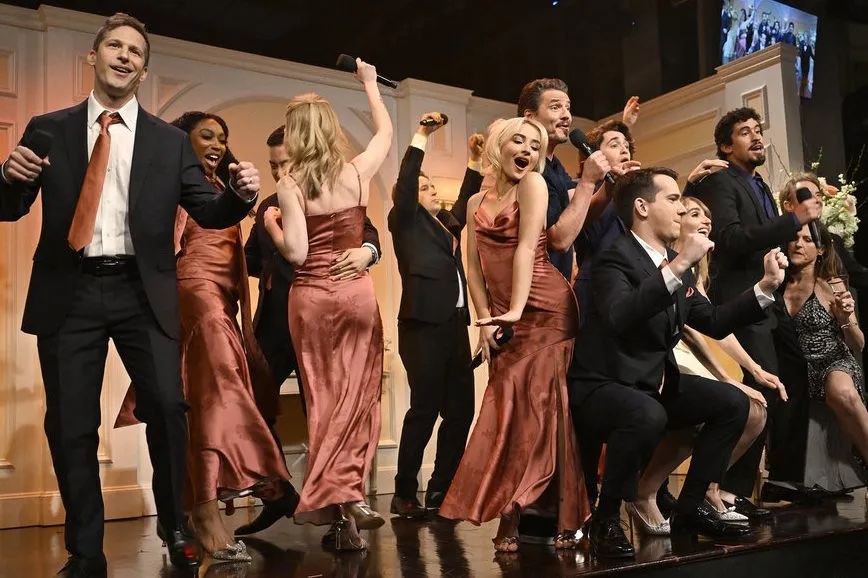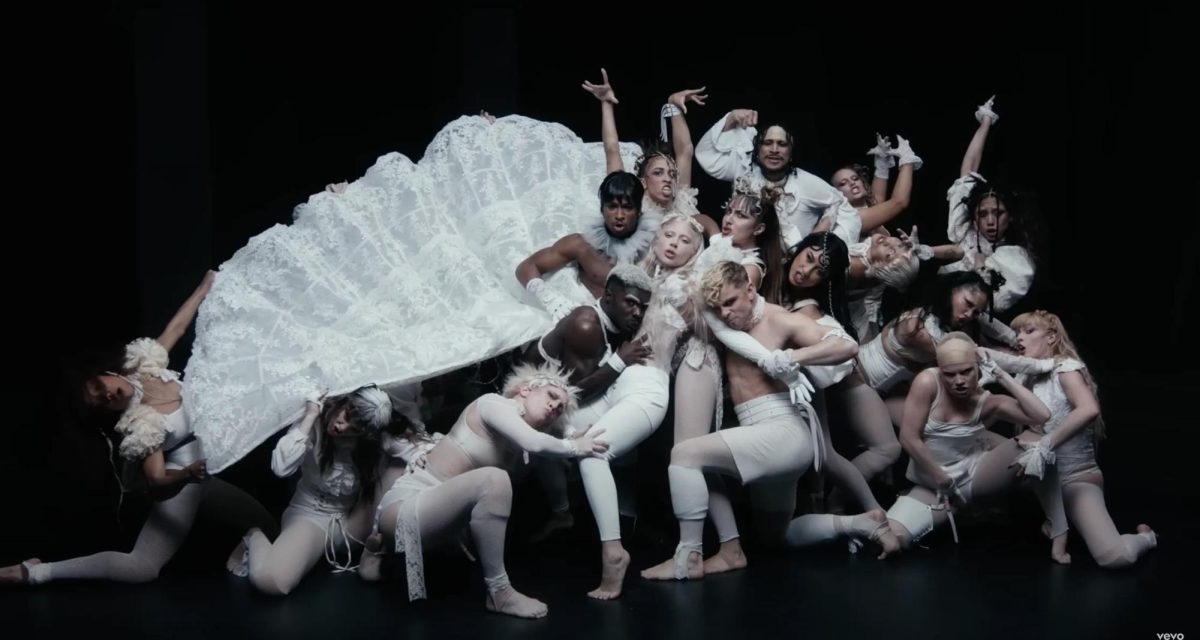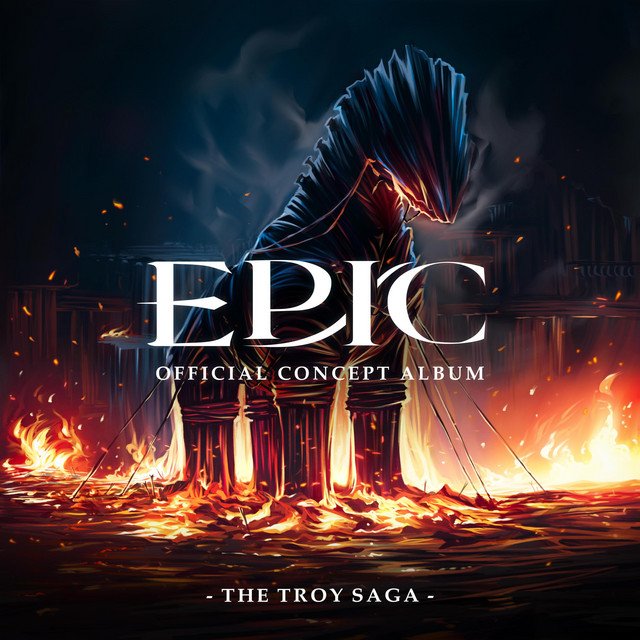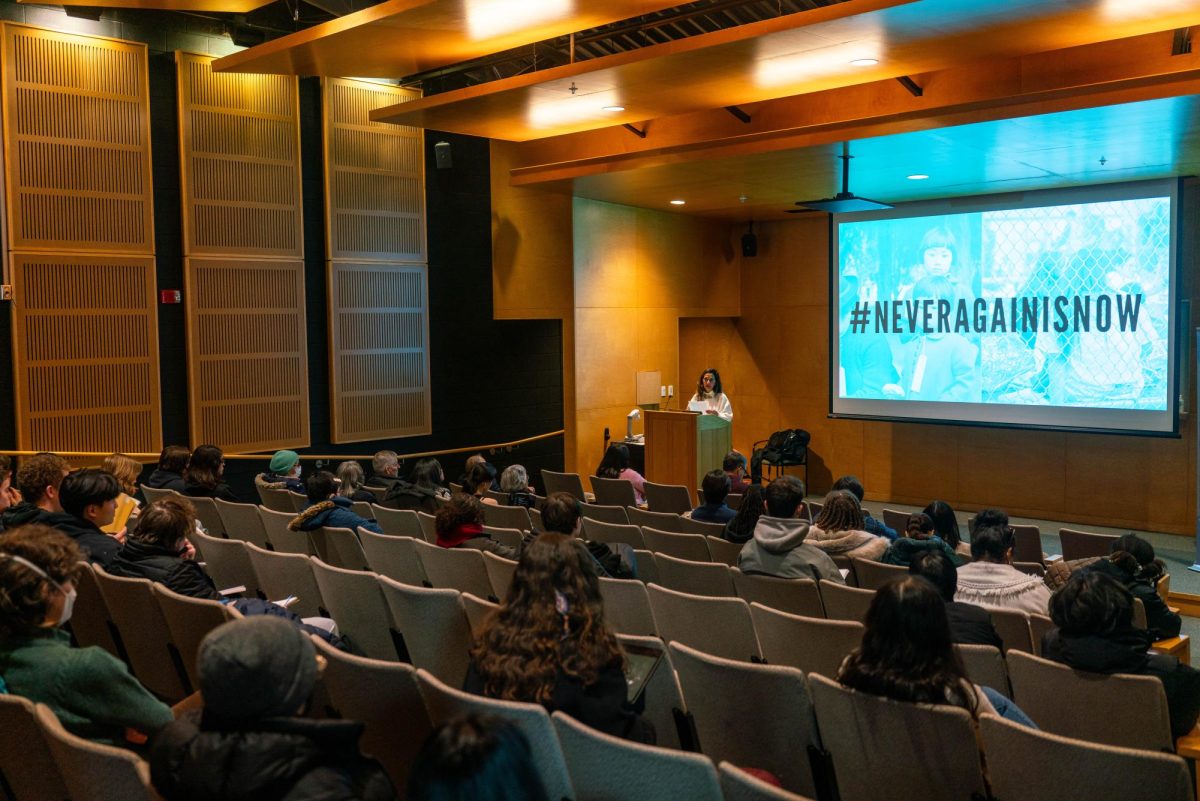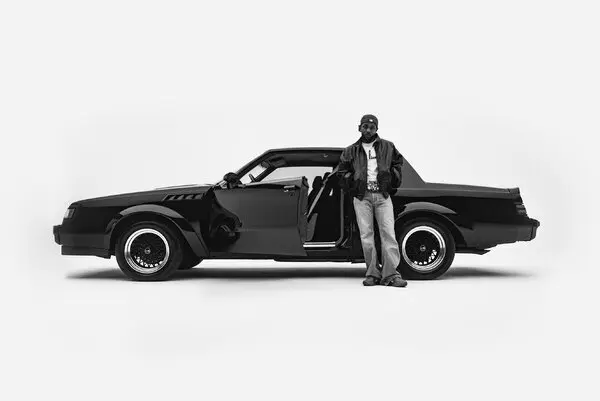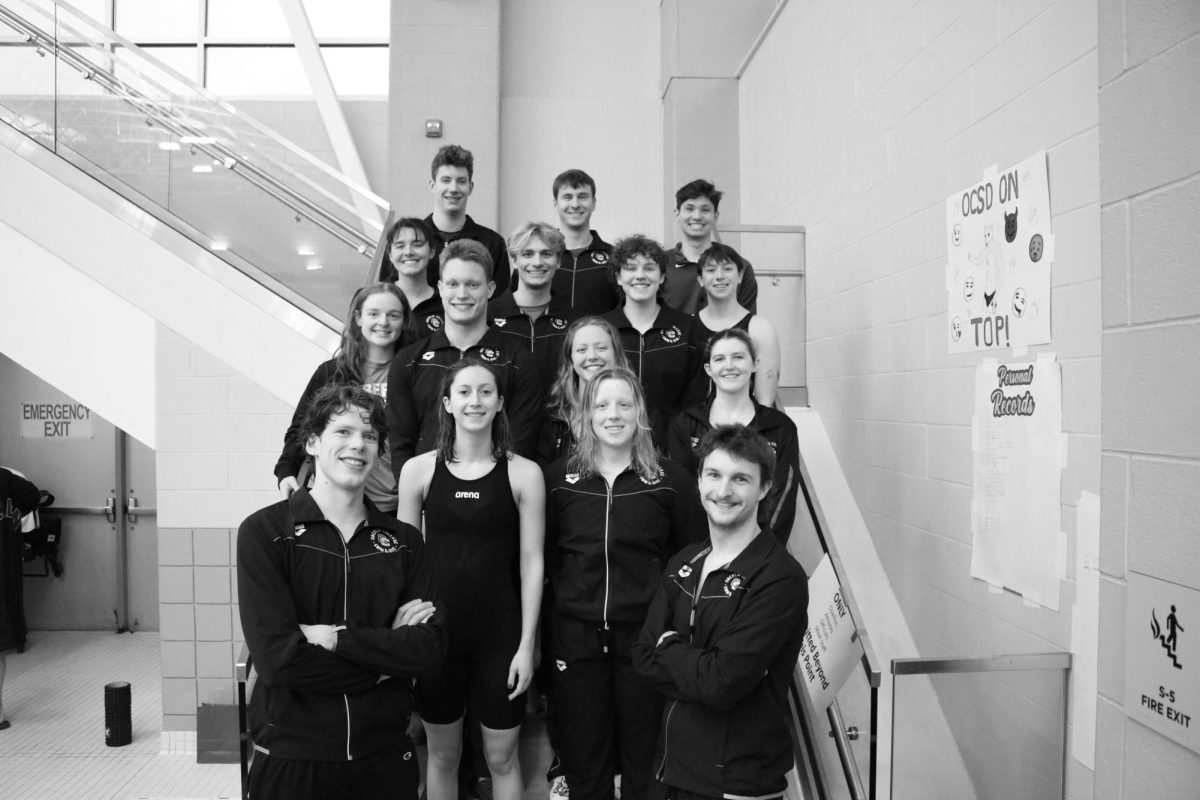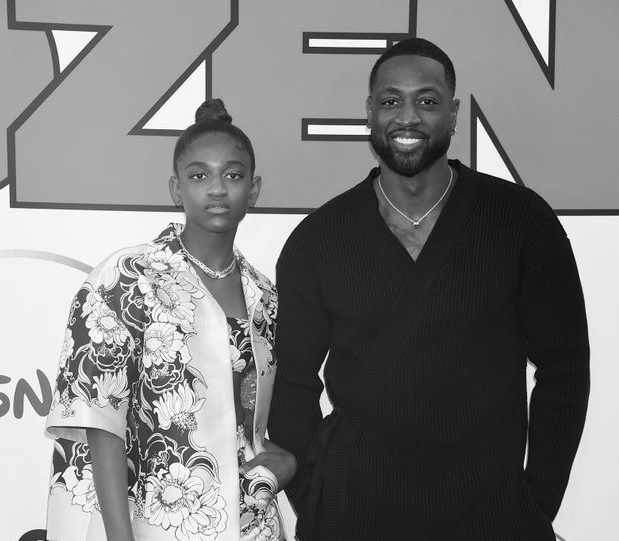Off the Cuff with Judah Friedlander
Best known for his extensive trucker hat collection and his role as Frank Rossitano in NBC’s 30 Rock, Judah Friedlander has been in the comedy business for more than 20 years, working in films, television and stand-up. Friedlander will be performing his stand-up routine at 7 p.m. tonight, April 27, in Finney Chapel. The Review caught up with Friedlander as he drove back to his home in Queens from the 30 Rock set to discuss his collection of amazing-bad art, his impressions of Cleveland, and why he loves stand-up so much.
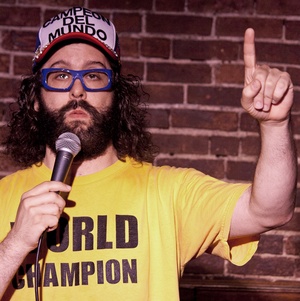
Judah Friedlander, comedian and World Champion
April 27, 2012
You’ve been doing stand-up since you were 19. Did you ever consider a career outside of comedy? Was there any point in your career where you got tired of it and wanted to quit?
If you’re not working on new material, then you can get bored of your act, but I try to always be working on new stuff. Traveling can also get tiring, but comedy is my most favorite thing to do. It’s what I live for. I’ve also done a lot of drama too. … I feel like if you’re involved in art in any form, you should try making all kinds of art; it will only make you better at what you do.
You’ve said that stand-up is what you feel most comfortable doing. What about it appeals to you?
T.V. and film can be really boring. With 30 Rock, for example, it takes 14 hours to film one 22-minute episode. There’s a lot of repetition, a lot of waiting around. It’s basically filmed like a movie. But stand-up is pretty much all action: it’s live; it’s happening in the moment. It’s you and the crowd doing stuff together. Stand-up needs an audience; it feeds off of it. That’s the main thing that appeals to me about live performance — the immediacy of it. I also like the sense that anything can happen. There’s something sort of fake and manufactured about T.V. and movies in comparison.
Who are your favorite audiences to perform for, in terms of demographics or regions of the country?
My ideal audience would be very diverse and encompass all races, all sexual persuasions, all political persuasions, all income levels. …Without pandering, one of my goals as a comedian is to be good enough and funny enough that, no matter what I’m talking about, everyone is going to get it and like it. That doesn’t mean I’m going to make my act bland — I’m not into that at all — but I believe in the philosophy that if I work hard enough and write funny enough stuff, it can really appeal to a broad audience. … In terms of favorite places to perform, I’d say the Comedy Cellar in New York. That’s probably the place where I’ve performed the most and where I get the most mixed audiences.
Time for the requisite 30 Rock question: how do you think the show has changed since it first went on air in 2006?
Do you feel it’s changed? I don’t watch it that often, but I feel that it’s changed. What do you think? The show to me — and I’m talking about in terms of acting on it, not necessarily watching it — has always been a writer-heavy show, with Tina Fey of course being the driving force behind that, along with a few other writer/producers like Robert Carlock, the other co-head writer. In film, the auteur is normally the director and in T.V. comedies it’s the writers. The first season or two were actually less writer-dominant then they are now. There was a little more room for improvising. … Everything now is pretty much 100 percent word-for-word from the script. … I think some of that has to do with the fact that the writers have been writing the show longer, so they know it better. The show is just different than it was at the beginning. It’s more — what’s the word? — not out there, but less realistic.
Do you mean in terms of relying on fabricated situations for comedic effect rather than relying on the interactions between the actors?
Sure. The show is still grounded in reality, but there are a lot more elements that are just flat-out jokes, flat-out absurd. There’s definitely more absurdity in the show now then there used to be.
I saw your collection of “bad art” on your website — lots of neon cheetahs and Elvis portraits. Where do you find the art you collect and what constitutes bad art for you?
I’ve been thinking about, this and I actually changed the name to amazing art. To me, bad art is just something that does nothing for me. It’s just a turn-off. This could be anything from art hanging in a great museum to art hanging on the wall of a Super 8 motel; if it has nothing original, nothing unique and does nothing to excite me, I would call it bad. Amazing or amazing-bad art would be rejected by a museum or gallery, but to me there’s something special there whether it was intended by the artist or not. Maybe you can see the passion of the artist despite their lack of artistic skill or maybe it’s just really terrible, like a high school art class painting where you can tell that the person didn’t want to make it — they wanted to cut class and smoke pot or try to hook up with some girl or shoplift from the 7/11 or something, but they were forced to go to class and draw something. So what they draw is really a “fuck you” to the teacher. Art like that can be awesome. So it’s hard to say, but it has to excite me. It’s often something that most people would find horrible, but I find something special in it. [For an analogy], let’s say there’s someone, male or female, who you don’t find attractive. But someone else is dating them, so they have found something in the person that is attractive, that makes them special.
Could you talk a little about your experience living in Cleveland while filming American Splendor? Where did you live, and what did you like to do while you were living here?
I was in Cleveland for about three to four weeks, and I tried to get to know the city as much as I could. I probably hit Cleveland every year or two doing stand-up, and Toby — the guy who my character was based on — I still keep in touch with him.
For American Splendor, I tried to get to know the city as much as possible because I really felt that the city was a character in the movie. Certain cities are very unique and have a strong personality, and Cleveland is one of them. I saw the movie Warrior last year, which takes place in Pittsburgh. I loved the movie, but no one except one minor character had an accent. And Pittsburgh has an accent, a strong accent. … To me, it could have been any blue-collar city, but it certainly wasn’t Pittsburgh. I think when you do a movie that’s based in reality you’ve got to do as much homework as you can to really make things authentic. … Cleveland is a city that a lot of people have left over the years, but at the same time a lot of people have stuck around. It’s a tough city — the weather alone makes it a tough city — but it’s got strong people. … It’s very unpretentious, very working-class, and yet it’s also got an artsy scene. I dig it.



